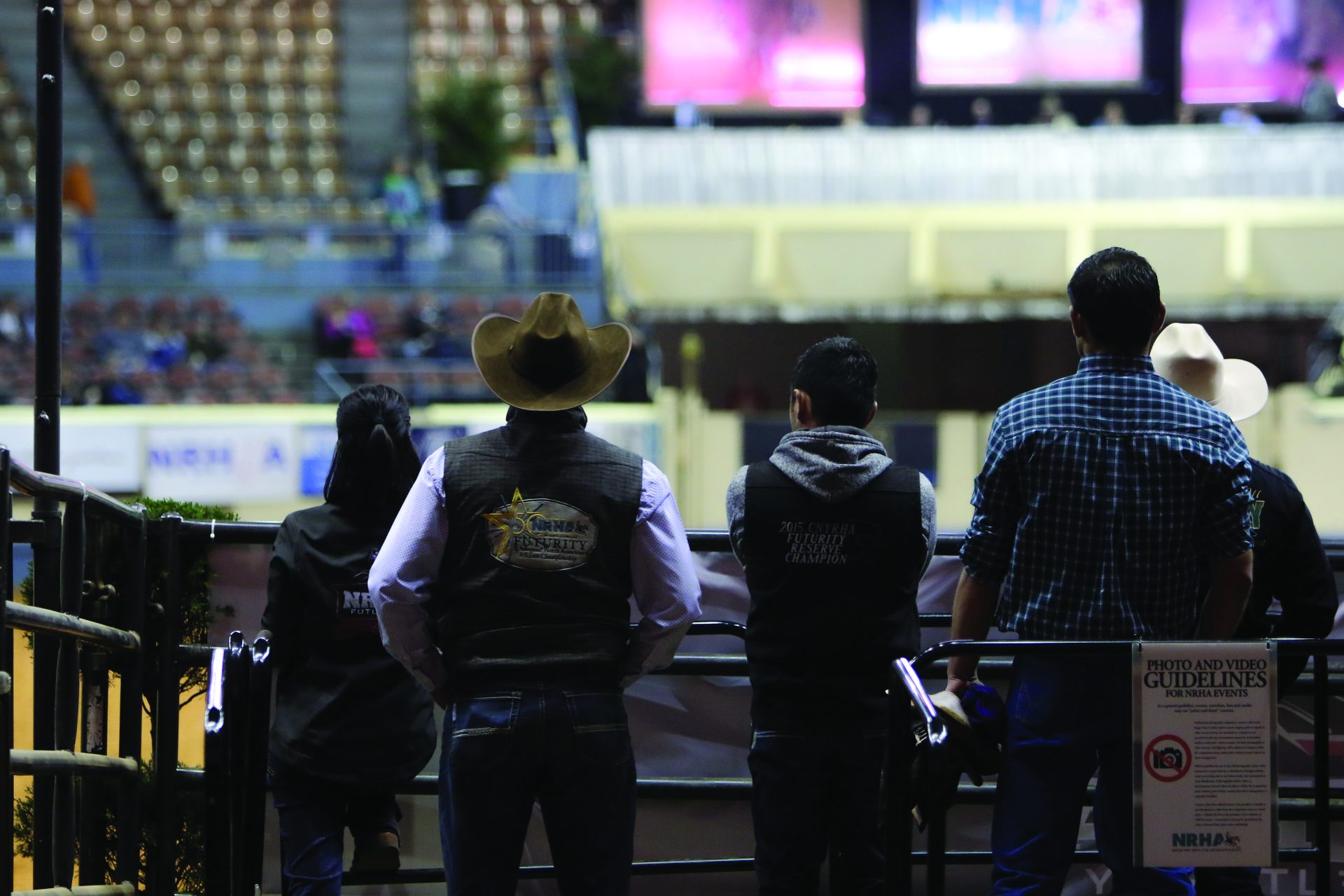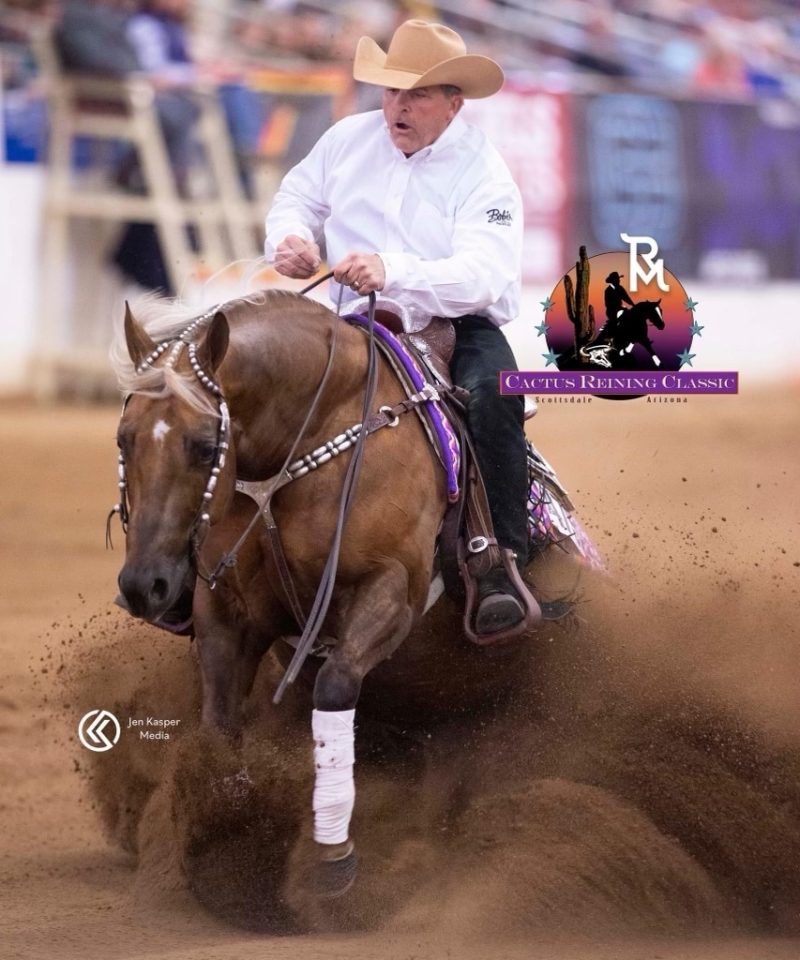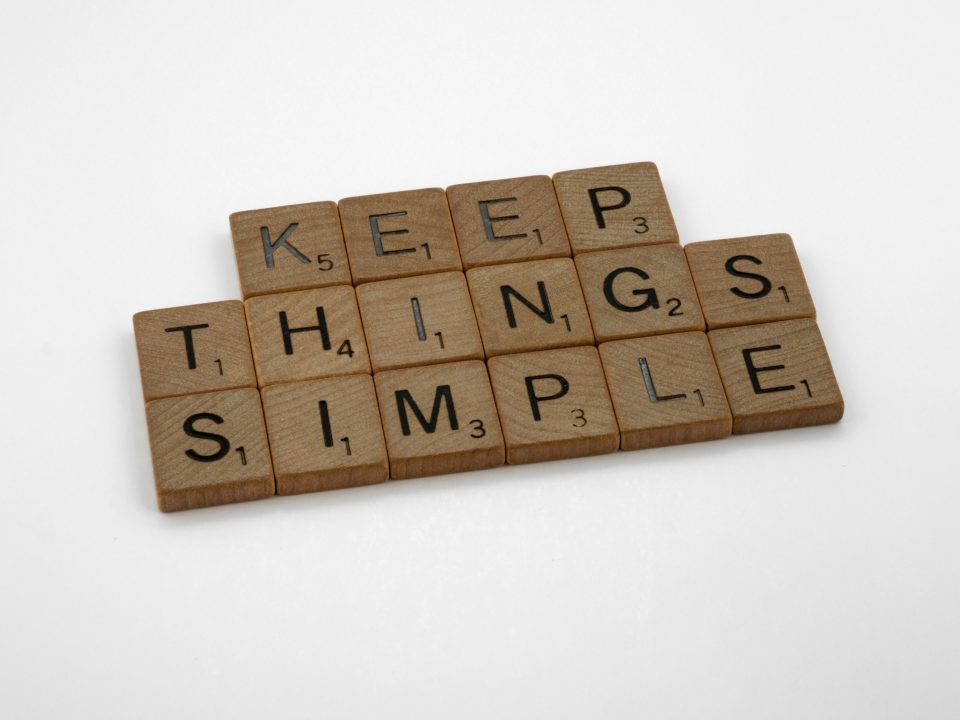Nobody knows everything about everything—unless you’re the coach.
By Megan Arszman

This is it. You’ve hung your shingle; you’ve entered your first open events. You’re officially an NRHA Professional. You’re the trainer now—no longer the assistant, taking orders from someone else. No more telling you what to do, right?
Think again.
Non pros rely on their coaches to be an extra set of eyes, to tell them the truth about how their seat is affecting their horse’s stops, and to share tips on how to count spins and shut down their horse “just like that.” They need that extra eye to help them become better at their sport. And everyone knows that the best non pros are always learning from their coaches.
So why should you be any different now that you’re a professional, out on your own? Or if you’ve been a pro for an extended time, do you know all the ins, outs, tricks, and techniques? Probably not.
Nobody knows everything. There’s a saying that we’re constantly learning. Veterinarians must attend continuing-education events regularly. Farriers attend clinics yearly. Even mechanics have to stay up to date on the latest technology to keep your rig up and running. So, of course a reining professional and coach needs to have their own coach.
In this three-part series, NRHA Professional Gaetan Gauthier will explain how you can benefit from a coach’s perspective to become the best professional you can be.
One important factor to finding the right mentor/coach for you is the trust factor. Gautier believes that he easily gains the trust of other riders because he’s been in their shoes before, and he’s no longer competing.
“They can trust me, it helps that I’m no longer showing any more,” he says. “And, I don’t lie—some don’t like what I have to say, but I don’t lie.”
Trust is vital because you have someone who is divulging a weakness. Sometimes it’s hard for someone to admit when they don’t know the answer. For Gautier, that’s OK, because he knows that no one is perfect. Well…except for maybe him.
“I’m not good, I’m great at what I do!” he laughs.
But, Gautier’s trademark humor aside, he takes his post as a coach seriously, whether it’s at a show or at home.
“I’ve had clients send me videos and ask about specific things, or I’ll be at the shows and watch them ride the night before or prior to them going into the pen,” he says.
And it’s not just dealing with an issue with the horse, but the mental game as well.
“I’ve shown with the big guys, so I have a really good idea of what’s going on in their heads,” says Gautier. “I’ll watch not only the rider, but the horse as well. The horse can basically tell me what’s happening in the rider’s head when I watch carefully.”
Some things like being too tight or too loose in the saddle affect your ride, as does your mood. A good coach/mentor can pinpoint that issue and have a fix to get you on the right path.
“If a rider is in a bad mood, I’ll try to find something to make him laugh,” says Gautier. “If he’s not tight enough, the horse will be sloppy, so I’ll do something that won’t necessarily make him mad, but get him back in the right mindset.”
Read the rest of this article at the links above.



